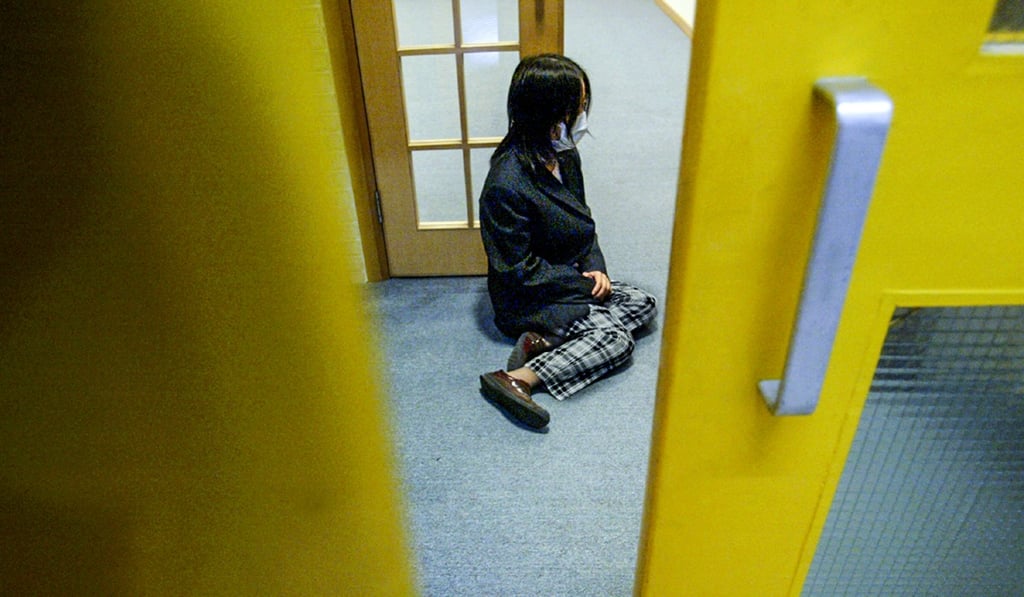As one in six Hong Kong people suffers from mental illness, Dr Lucy Lord talks about how the city can change its outlook
Lord’s charity spent three years organising Hong Kong Mental Health Conference which featured renowned speakers with different expertise

With one in six Hongkongers suffering from a diagnosable mental health illness, medical experts in the city spent three years organising an event featuring world renowned speakers, hoping to overcome the stigma associated with the illness.
Hong Kong Mental Health Conference 2017, which ran from November 3 to 5, featured world renowned speakers from different professional fields.
Between 2010 and 2015 the number of young people seeking treatment for mental health problems at public facilities increased from 12,500 to 22,300, according to the Hospital Authority’s psychiatry department. The biggest jump, 75 per cent, was in those under 15 years of age.

Central Health Medical Practice owner and senior partner, specialist in Obstetrics and Gynaecology Dr Lucy Lord recently delivered her 5,000th baby in the city but “it would obviously be a little sad having delivered all those babies if you hadn’t spent at least some of the time wondering what happened to them during their life,” she said, adding that she has seen mental health for students in Hong Kong deteriorate in the 27 years she has lived here.
How nada yoga can destress Hongkongers. We take a 30-minute trial session to find out
Alongside fellow expatriate doctors, she set up the Patient Care Foundation to help vulnerable people who may not be sufficiently supported by the local medical system, including mothers-to-be, refugees and those suffering from mental health illnesses.